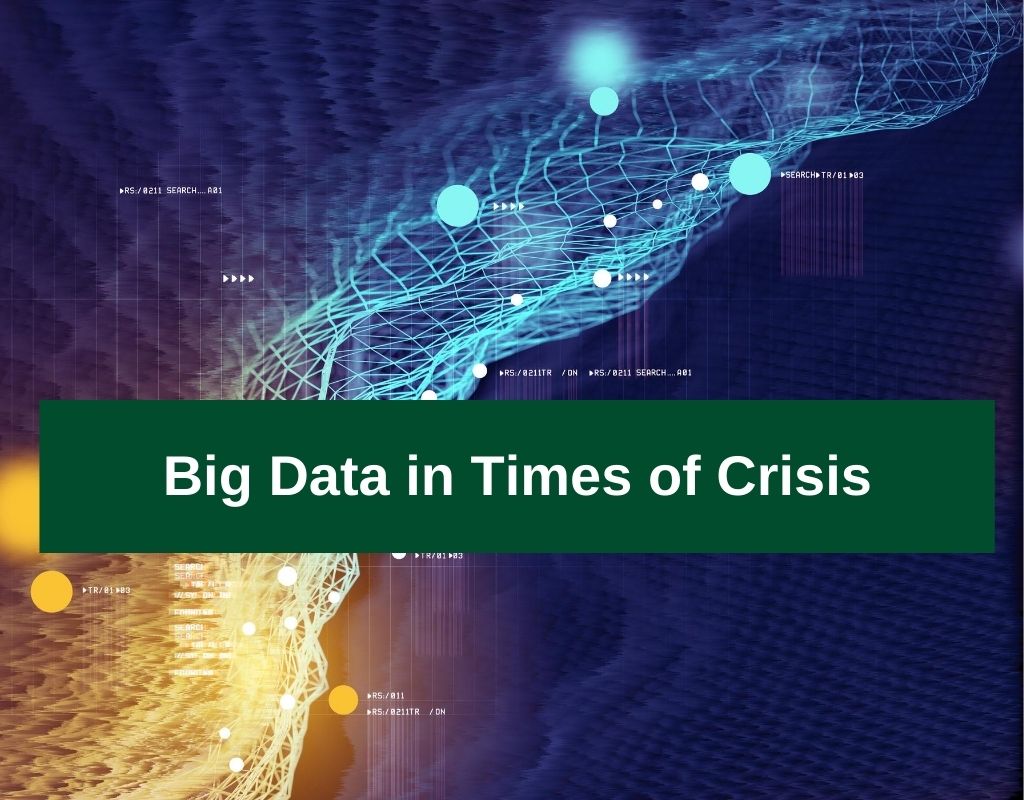Big Data – one of the buzzwords that has been circulating for several years in connection with digital transformation and radical changes in media processes. Since the beginning of this year, the term has also been increasingly associated with Corona and the fight against the pandemic.
Nowadays, data is collected in very different ways. Not only computers, smartphones and portable sensors, but also cars, household appliances and buildings routinely record where we are, what we do and with whom we communicate, thanks to embedded information and communication technologies (ICT). This is not necessarily done with the intention of specifically monitoring people. Rather, it is an inherent property of digital technology to generate data: for example, if a mobile phone network cannot locate a smartphone, it would not be accessible.
For many companies – and this across all industries – it seems unthinkable today to implement development, production and sales without significant support from ICT-based processes. Among other things, this automatically generates data about processes that used to take place virtually in secret, such as a customer browsing through a speciality store. The data generated in online retailing can be stored and evaluated in a much simpler and more cost-effective way than would have been possible in a stationary environment.
Big Data – the oil of the 21st century
Personalized advertising, customized offers or individualized pricing are examples of applications in the use of data by companies at the interface with their customers. But where are the ethics? Do we already live in Orwell’s world where ‘Big Brother’ is omnipresent?
On the other hand, with the increasing importance of large amounts of data, many new systems – such as the current Corona app – have been developed to solve and process the associated data challenge.
In German companies, further development in the area of data analytics is often blocked by the organisational importance of the IT. It is not the IT specialists in their function who are responsible for this; what is meant is the hierarchical positioning of the IT in companies. Especially when it comes to pushing technical issues forward, the role of the IT should have a higher position and also more responsibility. As long as the IT manager, or even the CIO, reports to the CFO, who has to approve investments based on data and hypotheses, this is a difficult undertaking. Digitization, and Big Data in particular, is an important part of operational strategies of companies and their future survival.
Just think differently
Control slows down the creativity – being creative and thinking outside the box are the drivers for innovation. Readiness to take risks and a culture of innovation are important prerequisites for allowing creativity to develop and for making meaningful use of data – the oil of the 21st century. Clear structures and straightforward thinking are then needed for implementation.
Particularly in the current corona situation, where many investments are being held back, companies with a little courage and an aptitude for risk should give employees with an affinity for data the opportunity to prepare the hidden treasures in such a way that they can also develop into refined oil without financial restrictions. Often it is also the somewhat exotic individual players who are particularly innovative for this refining process and who can take the best routes.
Only those who take different paths today and are prepared to take risks can become successful ‘gold diggers‘ in the post-Corona phase.








